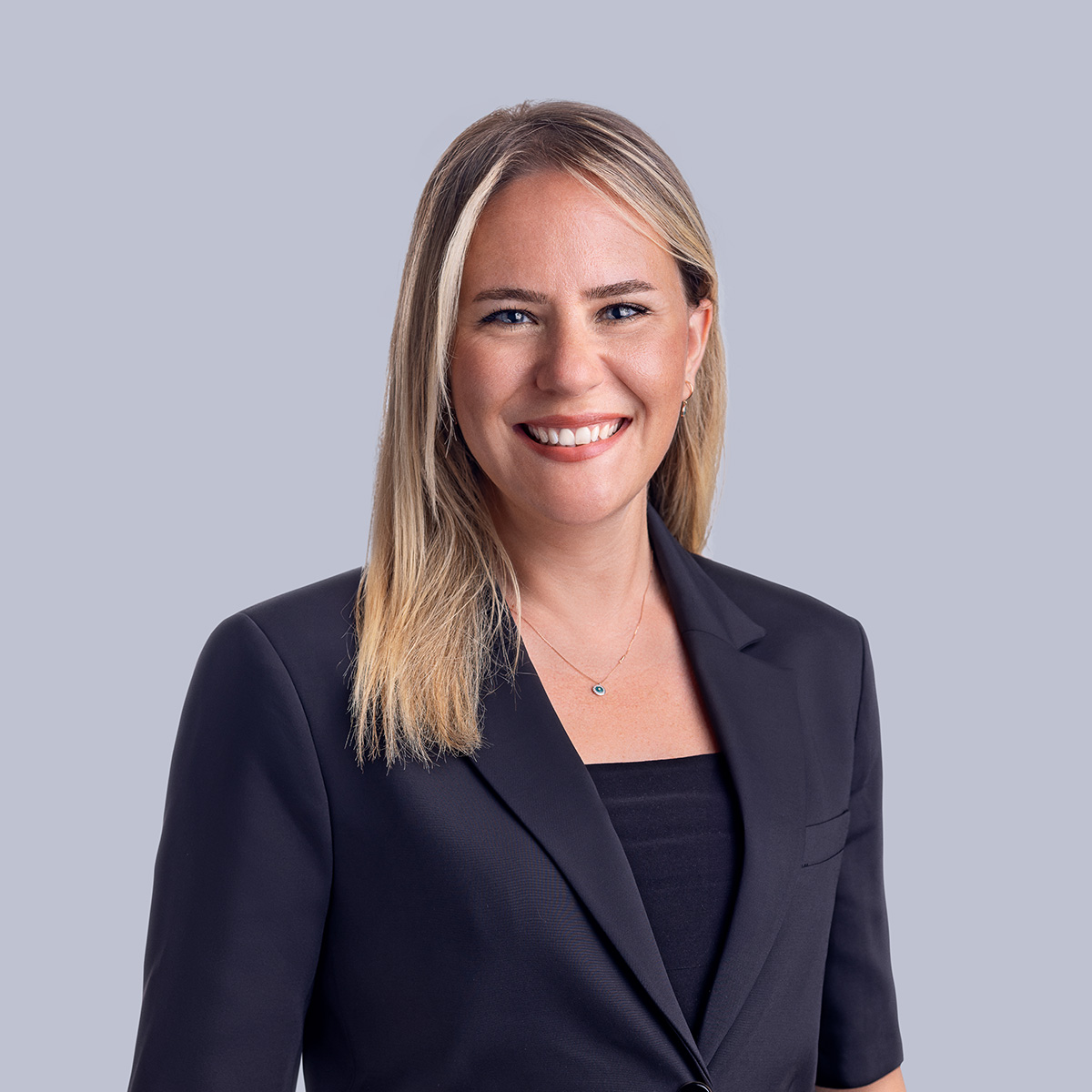The outbreak of the novel coronavirus (Covid-19) has affected almost all individuals and businesses in Turkey with over 3,629 confirmed cases, as of 26 March 2020, in all around Turkey. Following the announcement of first reported novel coronavirus case in Turkey on 11 March 2020, the government and the relevant administrative and judicial bodies are implementing several measures to protect citizens and prevent the spread of the virus.
As coronavirus (Covid-19) started to spread in Turkey, the government and relevant administrative and judicial bodies have started to take precautionary measures to prevent the spread of the virus. The main measures which effect the Turkish judiciary and the ongoing litigation proceedings, are listed below:
- On 13 March 2020, the Council of Judges and Prosecutors recommended that all hearings and on-site examinations be postponed except for hearings concerning detained suspects and other urgent matters.
- On 14 March 2020, the Istanbul Bar Association announced that (i) all hearings will be postponed and scheduled for after 14 April 2020, (ii) lawyers are free to make physical or electronic filings or submissions, but since the number of court clerks will be limited, the lawyers are advised to make submissions only for urgent matters.
- On 16 March 2020, the Mediation Department of the Ministry of Justice issued an announcement that for both ongoing and new proceedings, the mediation meetings should be held online and regarding new proceedings, the date for the mediation meeting should be set at the last days of the prescribed time limit.
- On 22 March 2020, the President of the Turkish Republic issued the ‘Decree to Suspend Enforcement and Bankruptcy Proceedings’. Accordingly, except for enforcement proceedings concerning alimony receivables, all pending enforcement, or debt collection, and bankruptcy proceedings are suspended until 30 April 2020.
- On 23 March 2020, the Ministry of Justice announced that the flexible working method will be applicable at the courthouses and the number of judges, prosecutors and court clerks will be limited and the notary publics started to work alternately on the weekdays.
- On 26 March 2020, the Law on Amendment of Certain Laws No. 7226 (“Law”) was published on the Official Gazette and the below stated procedural and material time periods/deadlines have been suspended from 13 March 2020 (including this date) until 30 April 2020 (including this date). (If the coronavirus epidemic continues, the President is entitled to extend the suspension for a period not exceeding six months in accordance with the Law.)
- All time periods related to filing a lawsuit, initiating a debt collection proceeding, application, complaint, objection, notification, notice, submission and statute of limitation and foreclosure period and mandatory administrative application periods;
- Time periods determined by the laws and by the judges;
- Time periods in mediation and conciliation;
- Time periods determined by the judges or the debt collection and bankruptcy offices in the debt collection and bankruptcy proceedings;
- All debt collection and bankruptcy proceedings and the implantation of preliminary attachment orders except for the enforcement proceedings for alimony receivables.
Following the above summarised recommendations and legal arrangements,
- The staff (including judges, public prosecutors and court clerks) working in the courts and debt collection offices started to work in shifts.
- Many courts are rendering any necessary interim decisions over file. For those cases which have a hearing, new hearing dates are being set and no new action is taken.
The main object of all the arrangements in place is to prevent any loss of rights for the parties concerned. Thus, despite all these limitations and the time suspensions in place, the judicial operations continue without any interruption.
Please do not hesitate to contact us for any further information on this note.
Share
Related persons
You can contact us for detailed information.

Legal Information
This briefing is for information purposes; it is not legal advice. If you have questions, please call us. All rights reserved.
You May Be Interested In
21 October 2025
Promotion of Medicinal Products for Human Use
Promotional activities for medicinal products for human use in Turkey are primarily governed by the Law on Pharmaceutical and Medical…
16 October 2025
Internal Investigations: Practical Insights
Internal investigations are fact-finding processes initiated when there is a suspicion that activities contrary to applicable laws,…
7 October 2025
Turkish Data Protection Authority eases registration requirements for organisations processing sensitive data
In Decision No. 2025/1572 dated 4 September 2025, the Turkish Data Protection Authority introduced an exemption for data controllers…
6 October 2025
New Communiqué on the Right of Access to the File has been Published
With the Communiqué Amending the Communiqué (Communiqué No: 2010/3) on the Regulation of the Right of Access to the File and Protection of…
3 September 2025
A Milestone for Eurasian Connectivity: The Middle Corridor’s Strategic Emergence and Türkiye’s Geopolitical Role
The launch of the first direct freight train service from China to Europe via the Trans-Caspian International Transport Route (TITR),…
28 July 2025
Recent Changes in Mining, Renewable Energy and Electricity Legislation
Law No. 7554 on Amendments to Certain Laws, which introduces changes to many fundamental pieces of legislation applicable to the energy…
